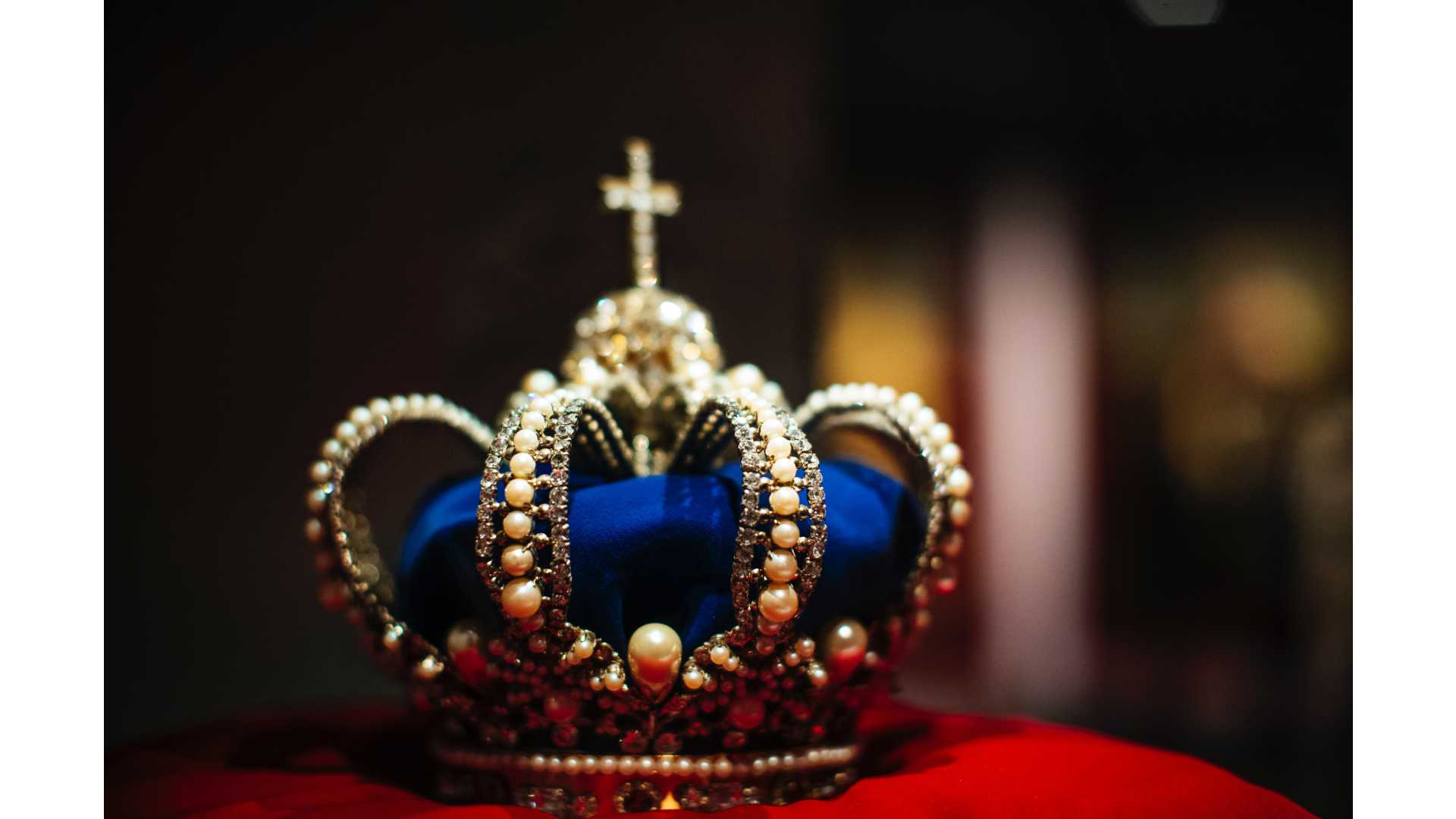The Merriam-Webster dictionary defines cognates as words that are “related by derivation, borrowing, or descent.”
One word that shows up in similar forms across many countries is the word “king.” Examining one particular map created by language graphics creator languages.eu for Instagram, you can see how the word for “king” has major linguistic divisions that define Nordic countries, eastern European countries, and those under the Latin sphere of influence in western and southern Europe.
Kuningas, or “king”, has the same meaning in Finnish as it does in Estonian. It would also be a familiar word to someone who spoke Swedish (“kung”), Norwegian and Danish (“konge”), or German (“könig”). The Estonian word itself is borrowed from the Proto-Germanic “kuningaz.” Thus, Estonian and Finnish have locked away a 3,000 year old word and preserved the way things used to be described.
In An Etymological Dictionary of the German Language, written by Friedrich Kluge in 1891, Kluge contests that the borrowing of the wordearly on by languages like Estonian is strong proof of the old age of this word.
Kluge refers to the German version, “könig”, as a “common Teutonic term.” One possible explanation of its origin is that it connects back to the Gothic word “kuni”, which means “family”; and by extension, someone of a noble birth.
The word must have been reinforced by successive rulers, when Estonia was ruled by Danish kings from 1219 to 1346; then when it was sold to the Teutonic Order. There's also the impact of Sweden's huge empire in the 16th and 17th centuries, which stretched out across Estonia, Finland, Latvia, part of Norway, and even parts of present-day Russia.
Somewhat similar applications of the word include “knyaz”, the word for “prince” in Russian and “kunigas”, the word for “clergyman” in Lithuanian.
Still, Estonia's neighbours to the east and south use different words to name a king. In Latvian it's “karalis.” In Russian, it's “korol.” According to the Dictionary of American Family Names published by Oxford University Press in 2013, these terms are “derivative of the personal name Karl ‘Charles’, the name of the Frankish king and Holy Roman Emperor Charlemagne… The word kral as a generic term meaning ‘king’ became widespread throughout eastern Europe in the Middle Ages…” We know that these languages are different from Estonian, but variations of this one word neatly illustrate the spread of words from nation to nation. It's like a bird's eye view of language development.
Compare this, then, to the way kings are named in Romance languages, another linguistic division. The word for “king” is “rei” in Portuguese, “roi” in French, and “re” in Italian. These all connect to the Latin “rex.”
What's intriguing is how a word like this can be isolated within distinct geographical regions, but then others have seemingly no boundaries at all. Think about how the Latin word “caesar” has crossed over Slavic and Germanic linguistic realms, resulting in both “tsar” and “kaiser.”
It's fascinating to see which words catch on and which ones don't; and to hypothesize why they did or didn't. Some influences stopped and turned home at the border. But when you think about the idea of a king, it makes sense that the language surrounding one would be powerful and influential. Not only is the power of a monarch asserted through governance, but through the very word people use to describe that monarch.




